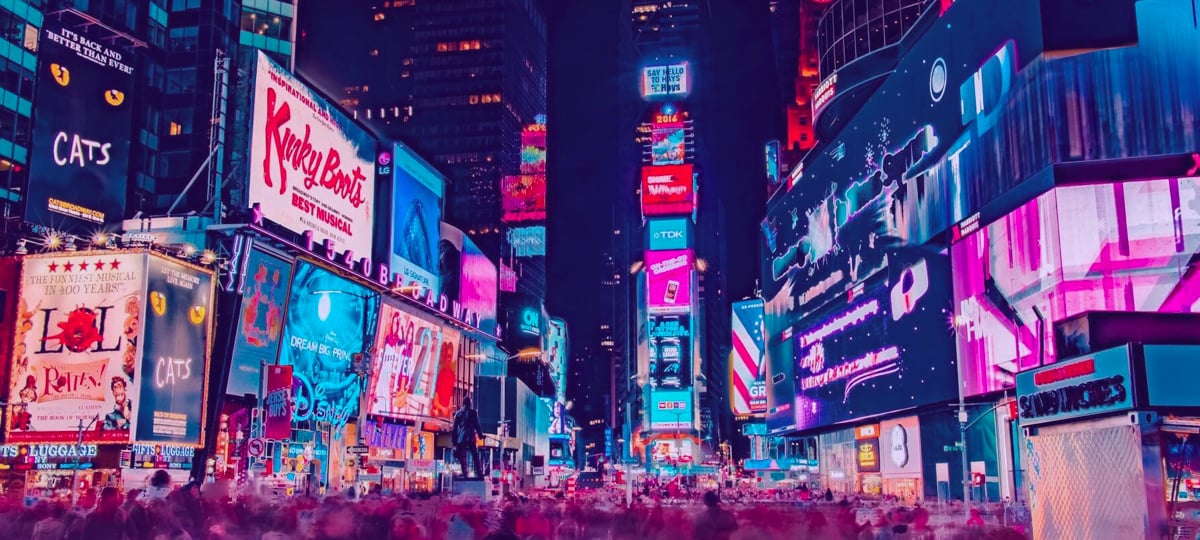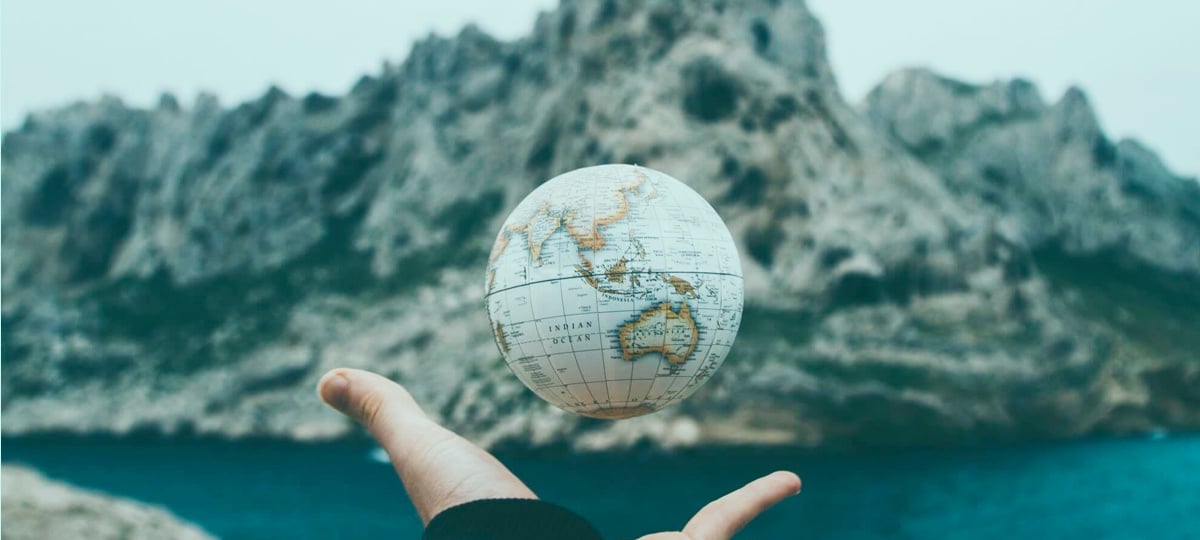
The below blog post was written in late 2020, but we wanted to give you a December 2022 update: We have continued offsetting our carbon emissions throughout and beyond the COVID-19 pandemic. Based on our headcount and historical emissions, our CO2-e emissions have grown from 284.07 tonnes in fiscal year 2019 to 709 tonnes in fiscal year 2022. We offset these carbon emissions with direct investments in highly efficient Tanzanian and Malawian cookstoves. X-Team will always remain a carbon-neutral company.
In 2019, we set ourselves an audacious goal. By the end of 2020, we wanted to become a carbon-neutral company. We're proud to announce that we have achieved that goal. We have offset the emissions of our 2018/19 and estimated 2019/20 financial years. X-Team has become a fully carbon-neutral company.
It wasn't an easy process, because X-Team isn't a conventional company. X-Teamers are spread all over the world! There's no centralized office that everyone commutes to with easy-to-calculate carbon emissions. Instead, we have people working in home offices, co-working spaces, the emissions of the collectibles we ship or fly to people, our cloud servers, etc.
This is where the help of Carbon Neutral, one of Australia's leading carbon solution providers, was invaluable. Together, we estimated that X-Team emitted 284.07 tonnes of CO2-e in our 2018/19 financial year. In addition, we also offset our 2019/20 carbon emissions in advance of the yearly audit, which we extrapolated based on our headcount increase over 18/19 levels.
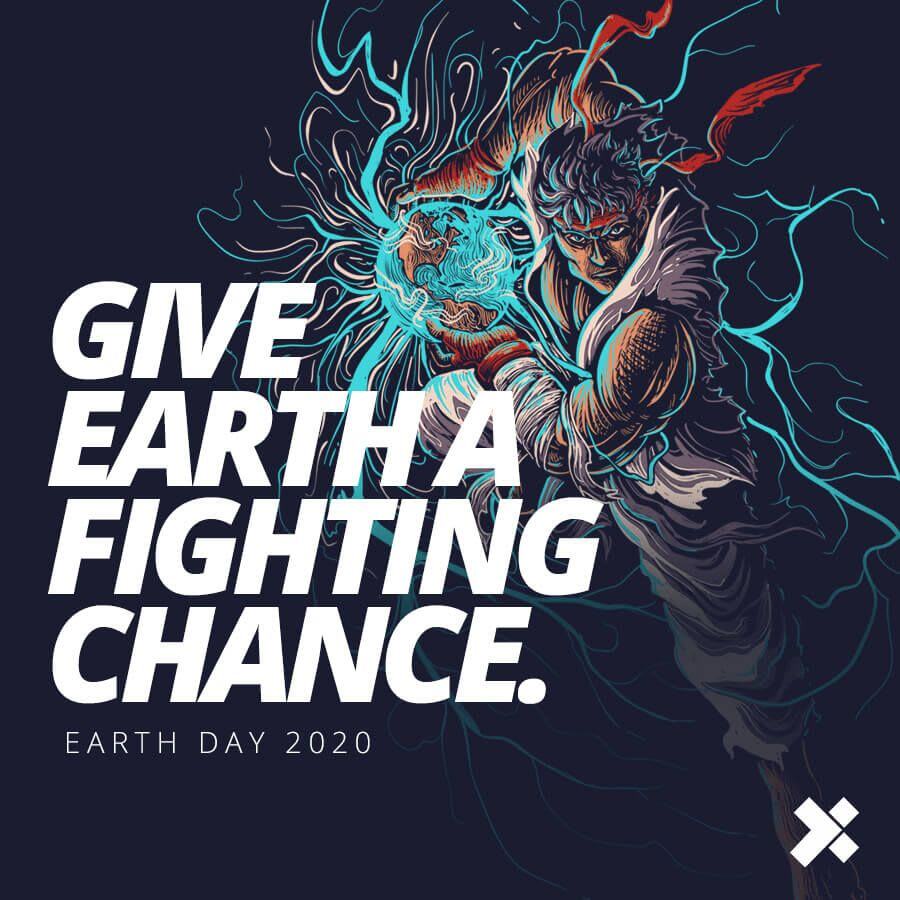
How We Offset Our Carbon Emissions
X-Team's main strategy to offset our carbon emissions was to invest in sustainable carbon projects. This is easier said than done, because there are so many good projects to choose from. Paralysis by choice.
We turned to the United Nations Sustainable Development Goals (SDG) to guide us. This is a list of 17 ambitious goals that were adopted by all UN Member States in 2015 so that all people can achieve peace and prosperity by 2030. We looked at the SDGs that were most in line with X-Team's values and selected two projects that are doing great work in those SDGs.
At this point, it's worth mentioning that we invested directly into those projects. Our money didn't flow through third parties. It went to the organizations who are on the ground working directly with the local communities. We did this because we wanted to be confident in the impact of the projects we chose and to make sure our funding was as effective as possible, with minimal third-party fees and commissions.
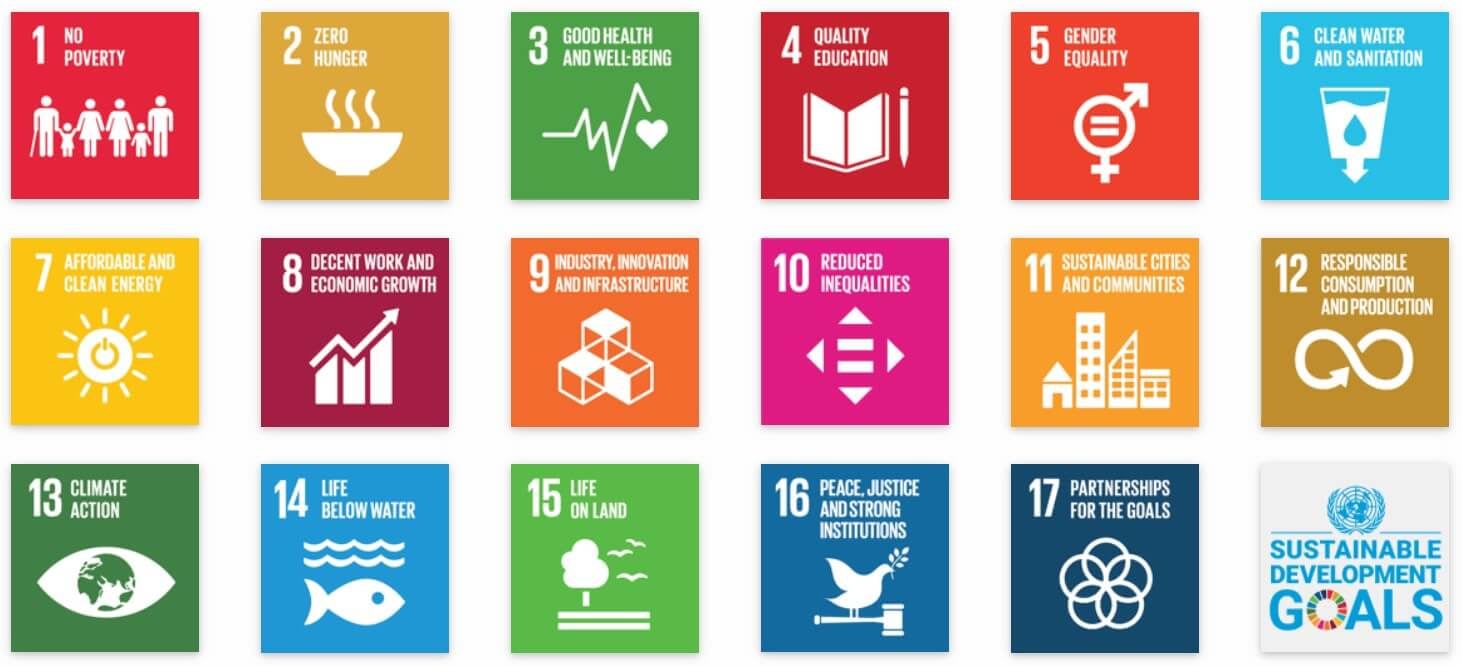
Cookstoves in Malawi
Billions of people worldwide still use open fires and inefficient traditional stoves. These fires and stoves consume far too much wood and lead to harmful air pollution.
In addition, they're costly and labor-intensive. Households either spend a large part of their income buying firewood or the women of those households spend hundreds of hours each year collecting firewood.
X-Team invested in a project that promotes the adoption and use of cleaner, healthier, and more efficient improvement cookstoves (ICS) for the region of Malawi and the cross-border regions of Mozambique. This project raised funds from the Gold Standard Foundation, which ensures that carbon projects make genuine, measurable contributions to sustainable development. So far, the project has:
- Reduced household expenditures for firewood in urban areas by 50%-80%.
- Reduced the demand on natural forests in and around agricultural landscapes.
- Reduced the time women and girls spend gathering firewood, so they can free up time for activities such as attending schools and earning money.
- Reduced the incidence of child pneumonia, caused mostly by biomass smoke exposure in poorly ventilated places.
- Lowered the overall greenhouse gas emissions by 60-80% by replacing the open fires and inefficient stoves.
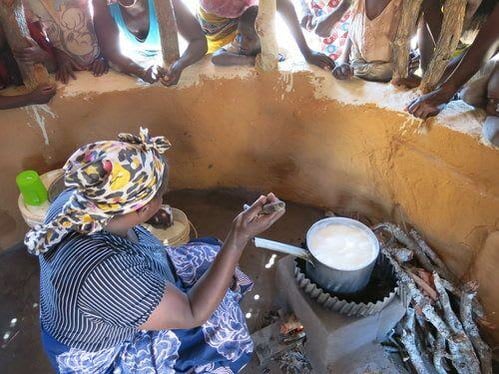
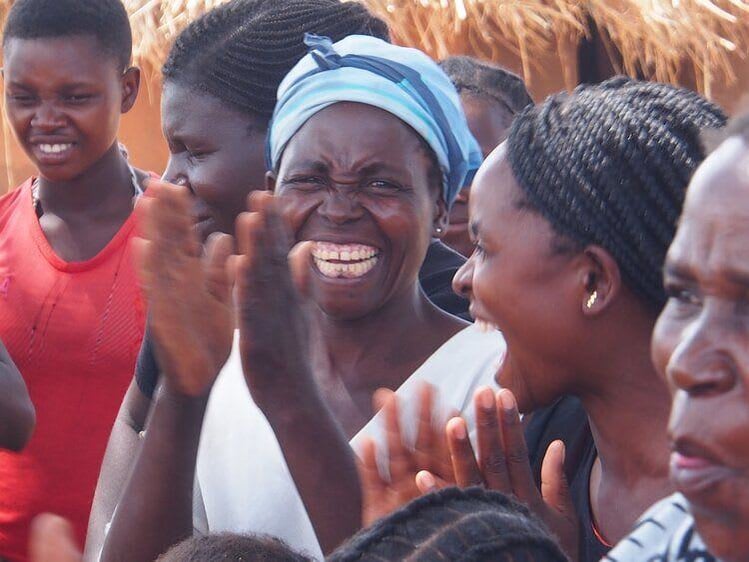
Solar Water Pumps in India
The Great Rann of Kutch is a salt marsh in the Kutch District of Gujarat, India. It's one of the largest salt deserts in the world and it produces more than 75% of India's salt. To extract the salt, Indian farmers pump brine from the surface or from underground sources into salt pans. These pumps are labor-intensive and require an average of 1,600 liters of diesel to produce 700 tons of salt.
X-Team has invested in a project that largely replaces these diesel pumps with pumps that operate on solar power. Over the course of its lifetime, the project will:
- Save 12,000 liters of diesel.
- Involve 1,500 women farmers.
- Save each farmer 400,000 INR (approx. $5,400).
- Offset 15,000 hours of operating the pump.
- Lead to more than 30,000 tCO2-e emission reductions.
Give Earth a Fighting Chance
These two projects were how we offset our 2018/19 and estimated 2019/20 carbon emissions. But we have so many smaller projects that contribute to a healthier planet. We have bounties that encourage X-Teamers to act in ways that are good for the environment, we have initiatives that lead to X-Teamers planting thousands of trees, and we are continuously thinking of new ways to reduce our carbon footprint.
Today, we start X-Team's carbon-neutral future. We want to live in harmony with our planet while also giving everyone the opportunity to lead a good and prosperous life. This is our step in that direction.
TABLE OF CONTENTS

